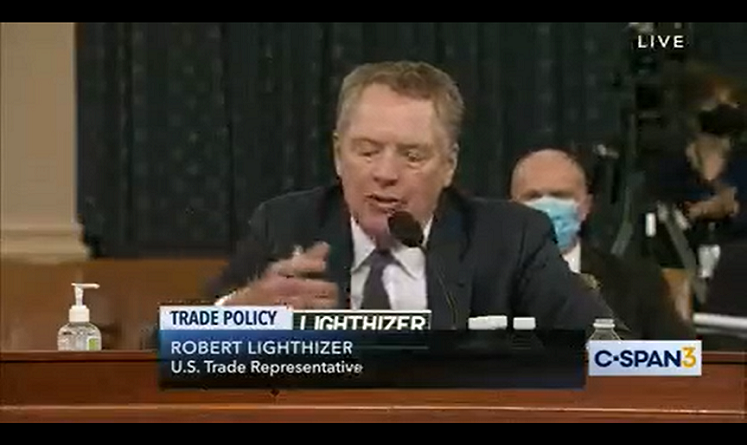Brexit is set to cause at least two years of disruption for the pharma industry suggests Wasdell Group CEO, Vincent Dunne.
Are you expecting a No Deal Brexit in January?
Unfortunately, a hard Brexit remains the most likely outcome when the UK transition period ends on 31st December. At the moment, it seems unlikely the trade negotiators will even agree a Mutual Recognition Agreement (MRA) between the UK and the EU for medicinal products, despite pleas from the Association of the British Pharmaceutical Industry and the European Federation of Pharmaceutical Industries & Associations.
Uncertainty therefore abounds. A No Deal Brexit would lead to the UK trading on World Trade Organisation terms. But even if a trade agreement is reached, it could take many different forms, for example:
- EEA member (Norway model), where UK remains part of EEA and there is minimum impact on current trading
- Free Trade Agreement, allowing tariff-free trade but with defined constraints, or
- Bilateral agreement (Swiss model), allowing the UK to access some areas of the EU market in return for adopting certain EU regulations.
At best, therefore, most analysts expect at least two years of disruption.
How do you see the key issues for pharma companies?
Most pharma companies have been proactive and put contingency plans in place to manage Brexit disruption. Now they are once again having to review the various uncertainties and their potential impact on key areas such as:
- Marketing authorisations: This would involve decoupling the UK from centrally authorised products and could also impact dual labelled packs
- QC testing and QP certification: One contingency plan that needs to be established as a matter of urgency is ensuring that QC testing and QP certification for UK products entering the EU can continue with as little impact as possible. As it stands, the MHRA have stated that they will continue to recognise EU testing and certification, however the EU will not recognise the new UK systems.
- Clinical trials: The UK is currently the most popular location for clinical trials, but it is likely this will change if the UK is no longer part of the EU regulatory system. It remains to be seen whether the UK will adopt the new EU clinical trial regulation (EU No. 536/2014 ) which aims to harmonise trials throughout the EU and ultimately make the EU more attractive for such trials. This will also have an impact on trials already underway in the UK.
- Medical devices: All medical devices currently receive the EU CE mark on approval. Again, depending on the trade outcome, UK companies may need additional approvals should they wish to receive the CE mark moving forward.
- Employees: Companies are also assessing the impact on employees. It is not yet clear whether UK nationals will be able to work freely in the EU, and vice versa.
So, what can pharma companies do at this stage?
It is important that pharma companies continue to plan for a worst-case scenario, with particular focus on mitigating its impact on all aspects of pharma supply chains. Companies need to identify risks in the supply chain and to their ability to comply with new requirements – and prepare for each eventuality. It will also be crucial for companies to assess any potential impact on product market authorisations and determine if products will need to be registered nationally.
One strategy that many companies have adopted is stockpiling throughout their supply chain, including at pharmacy level. However, this is only a short-term preventative measure, and only viable for certain drug products. A more robust plan will need to be adopted as soon as possible.
Historically, pharma supply chains have been quite inflexible, with a heavy reliance on the successful management of inventories. However, pharma companies may now look to engage with contract organisations, such as the Wasdell Group, to facilitate flexibility and agility in their supply chains by using their facilities, processes and QP services in both the UK and EU, particularly during these times of uncertainty.




































































































